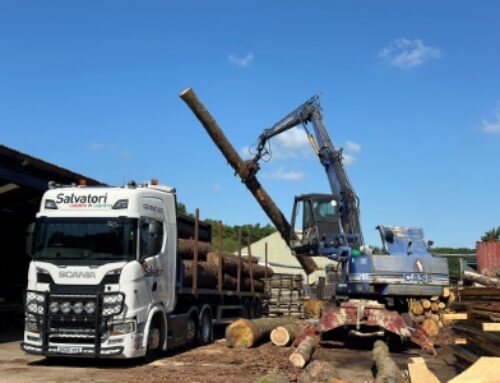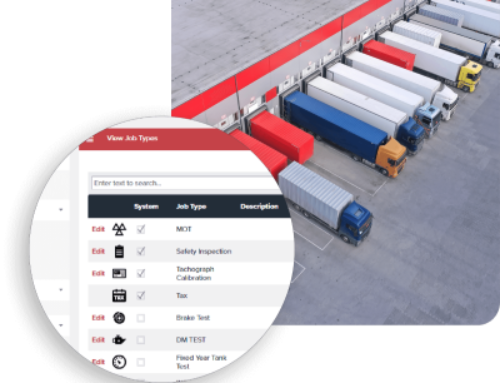Driving up support for new arrivals
 Nigel Lawrence, strategic partnerships director at Applied Driving, says effective training and support is needed for drivers joining UK fleets from overseas
Nigel Lawrence, strategic partnerships director at Applied Driving, says effective training and support is needed for drivers joining UK fleets from overseas
Commercial fleet operators have a clear responsibility to ensure their drivers are adequately prepared for UK roads, wherever they are from. As more UK organisations look abroad to fill gaps in technical expertise, there is an increasing need to familiarise and educate this incoming workforce not only with road rules and regulations, but also with the cultural differences of driving in the UK.
The greatest risks often arise in roles where driving is not the primary function but may still be required – whether occasionally or as a regular part of the job – and can be easily overlooked by employers.
There needs to be a process in place to establish the potential risk and level of support needed as early as possible, which may be influenced by the country or region someone is coming from.
We are seeing a growing trend in recruitment from African countries, where the driving environment can be significantly different in comparison to the UK. Commercial fleet operators must consider how they approach those coming, especially holders of licences issued outside of the EU or designated countries.
The length of time an overseas employee plans to stay in the UK is important, as depending on the licence country of origin, they may be legally required to have a UK licence after 12 months of residency. Waiting times for driving tests since the Covid pandemic remain long due to a significant shortage in appointments.
Therefore, it is crucial to plan ahead, scheduling theory and driving tests as soon as possible to avoid future disruption, with current waiting times of up to six months.
However, there is a big difference between passing a practical test and possessing the safe competency to drive for work. They are not the same thing, and commercial fleets have a duty of care to ensure support to assess this.
What organisations commonly do not tend to have is a support pack that outlines what the rules are, and good signposting to useful online resources. This is often because there is a lack of clarity over who is responsible for developing and implementing appropriate procedures. Is it human resources, recruitment, operations or a fleet/line manager?
For anyone relocating to the UK, some form of driver familiarisation is a must, so they can feel safe, prepared and confident behind the wheel. This should involve a specialist fleet trainer led, in-vehicle session to gain an introduction to driving in the UK and assess competency.
This may be supported by online training modules that can be taken before arrival to speed up acclimatisation. Driving on the left is often the biggest adjustment for those new to the UK, but other challenges that can cause confusion and mistakes include road signage, roundabouts, speed limits, smart motorways and heavier traffic volumes.
An initial risk assessment is needed to understand where new employees are coming from, their level of exposure to UK roads, and how long they expect to be in the country. Ideally, this should take place before they arrive in the UK to ensure appropriate training can be planned and takes place before they start to drive for work.
Unfortunately, many commercial fleets are not asking the right questions at the right time to capture the information needed to quickly identify if someone falls into a higher risk category.
Failure to detect heightened risk at the recruitment or induction stage increases the chance that a new employee has already driven for work. Employees should receive the training required prior, to ensure they are safe and competent behind the wheel.
Commercial fleets must have robust programmes to safeguard both their workforce and other road users. This begins with effective risk assessment and training processes from the outset and requires a culture where overseas recruits are never pressured to drive without proper preparation.
The burden of responsibility is with the employer to ensure that drivers are supported and competent before getting behind the wheel. Without this, organisations expose themselves to serious health and safety risks, potential legal consequences and damage to their reputation.












